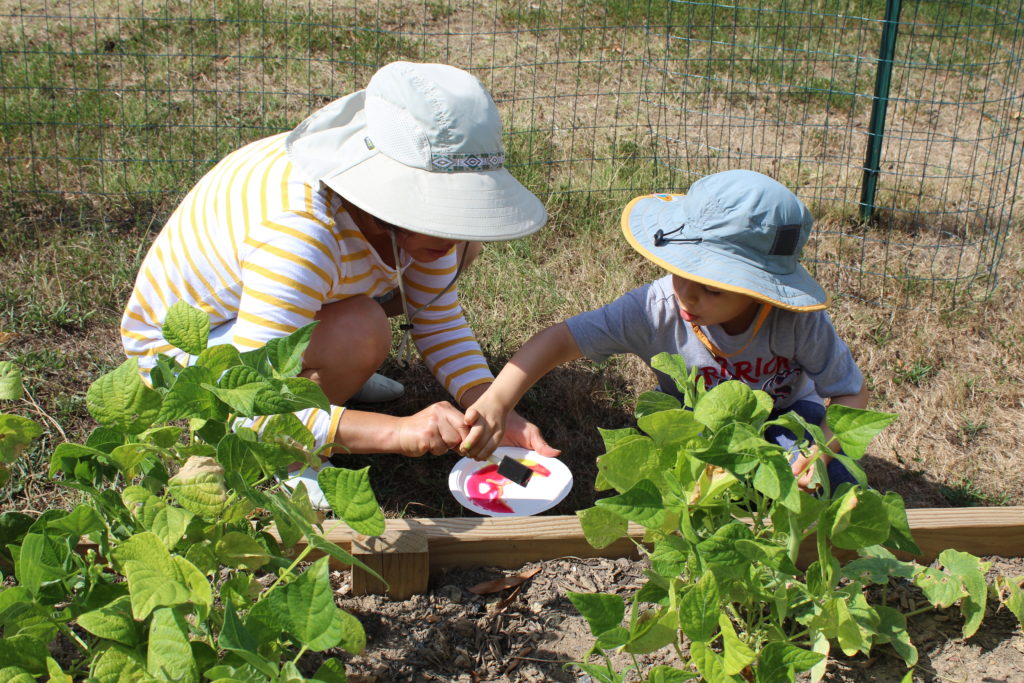“Give someone a fish, and you’ll feed them for a day. Teach someone to fish, and you’ve fed them for a lifetime.”
The origin of this quote is hotly contested, but its validity is most certainly not. Self-sufficiency is a sure way to promote better health outcomes within a community. But what happens when the person knows how to fish, but has no body of water nearby, or no bait or tackle? What then?
In Northern Virginia, land is both scarce and expensive. Community gardens have long waiting lists with high yearly fees, and limited public transport decreases accessibility of available options. This is bad news for the region’s 132,090 food-insecure families, who have the cards stacked against them with high rent, low wages, and limited resources.
Through our Farm to Family program, Food for Others is making an effort to open up land for hungry families.
We have two plots located at Peace Lutheran Church in Alexandria, which currently boast 16 raised beds, high fencing, and hand-painted designs. As of now, five families occupy 10 of the beds, and the remaining beds are run by a partner, Food Uniting Neighbors (FUN).
The families get to keep their beds as long they would like and they are able to choose the produce they grow. Food for Others and FUN provide the necessary funds for seeds, soil, equipment, etc. We also provide the guidance of Master Gardeners in case the families have any technical questions. The gardens are in their third year of operation and have grown over 670 pounds of food this season.
The goal of this project is to empower families in making decisions about what they eat by providing them with the resources needed to grow their own fresh food. This allows families to feel dignified while also growing more culturally relevant foods and experiencing longer-term health benefits from access to fresh produce. It also means there are five fewer families who will need to come to Food for Others for emergency aid.


